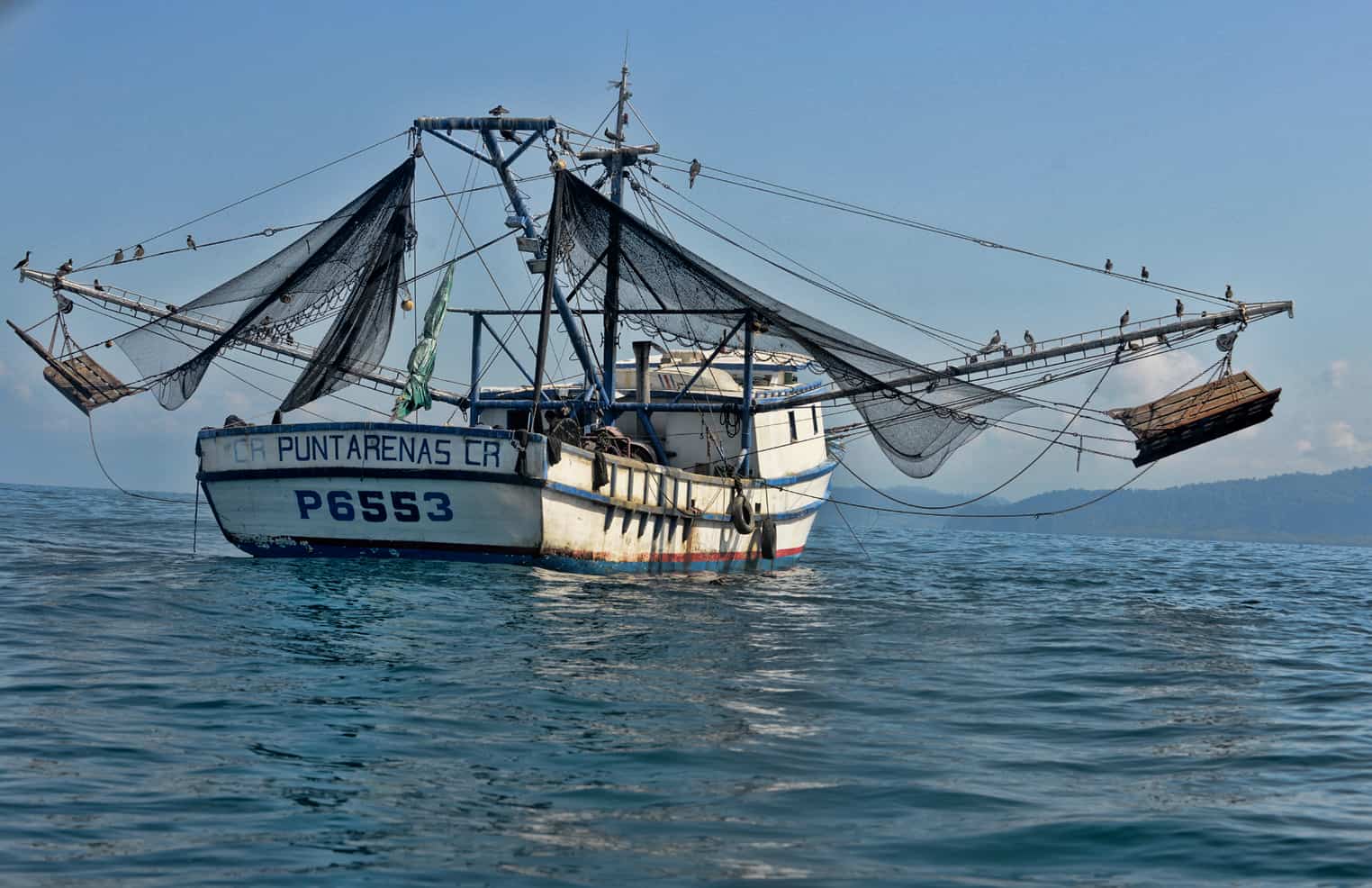Costa Rica will begin slowly phasing out shrimp trawling Wednesday with the first permanent expiration of a trawling license. The Capitán Bonilla will become the first vessel forced to discontinue the practice following an August court ruling that declared shrimp trawling unconstitutional.
According to Luis Dobles, executive director of the Costa Rican Fisheries Institute (INCOPESCA), the Capitán Bonilla is the first of 44 licensed ships to hang up its trawling nets. But one environmental group claims INCOPESCA illegally renewed three licenses in August, three days after the court ruling.
“INCOPESCA says this is the first license to expire, but we have all of the information to prove that they violated the constitutional ruling,” Viviana Guitiérrez, regional political manager for the conservation group MarViva, told The Tico Times.
According to court documents, MarViva filed an official complaint with the Constitutional Chamber of the Supreme Court in September calling for an annulment of the renewed licenses, which would otherwise expire in 2019.
Dobles denied the allegations and said that the last active shrimp trawling license registered with the institute expires in 2018.
Three other licenses are set to expire in March, but INCOPESCA is hoping to push through a new law that would restore trawling by the end of the month.
“We want to regulate shrimp trawling instead of banning it,” Dobles said. “The court was very clear in their ruling that trawling is only unconstitutional because it is unsustainable. We can make reasonable restrictions that will make it sustainable.”
Shrimp trawling is condemned by environmental groups worldwide for its destruction of the ocean floor. In Costa Rica, a lack of regulations on trawling has led to massive bycatch rates. According to MarViva, shrimp comprise only about 13 percent of species caught by trawlers.
According to Dobles, bycatch limits and time and depth restrictions would mitigate the negative effects of trawling. A bill before the Legislative Assembly also would require fish exclusion devices on trawling nets. That bill could come up for discussion at the Assembly as early as today.
Even if it passes, INCOPESCA would be allowed to renew only licenses that are currently active, and they would not be allowed to authorize new licenses. This means that the Capitán Bonilla, and any other ship with an expired license before the passage of the law, will be permanently prohibited from trawling.
Despite the additional restrictions, environmental groups and artisanal fishermen still oppose the bill.
“The way we see it, there is no such thing as sustainable shrimp trawling,” Guitiérrez said. “Trawling always requires the destruction of an area. We don’t want to give up even a part of our oceans.”
For a summary of shrimp trawling in Costa Rica see our story: “Future uncertain for shrimp trawling in Costa Rica”






